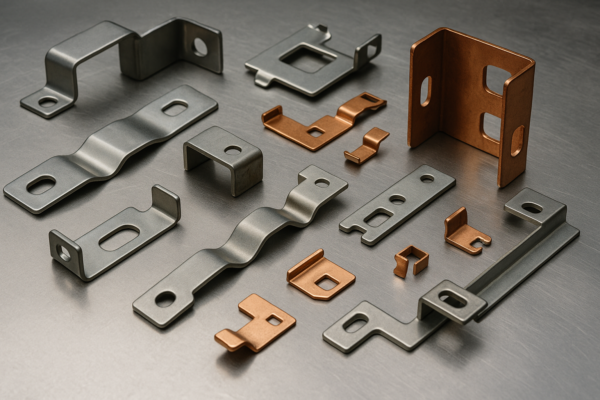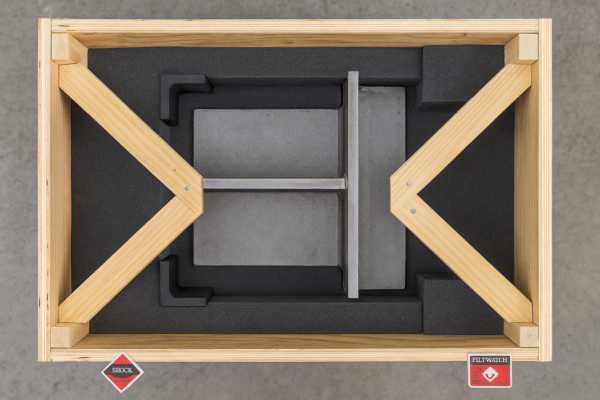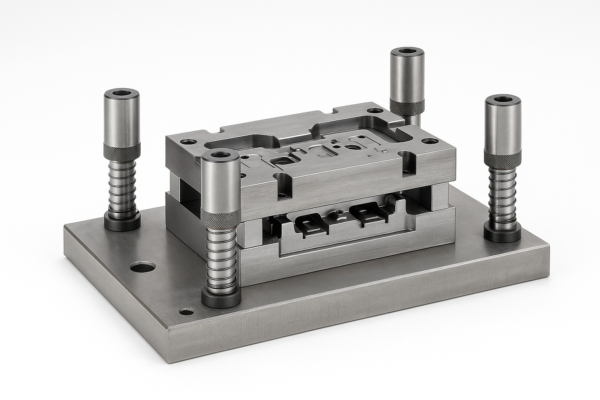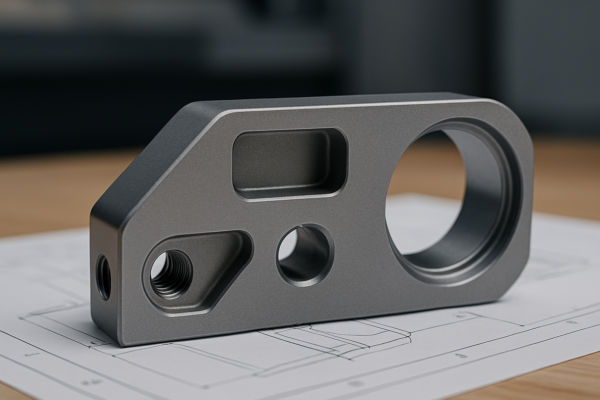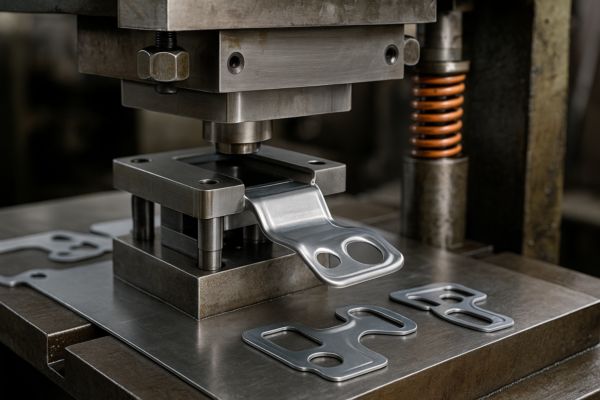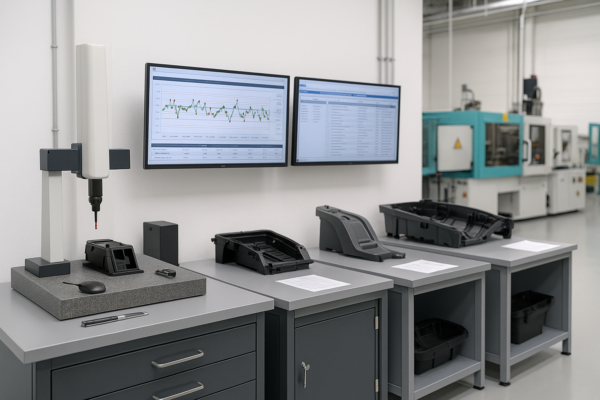ISO 9001 and Other Certifications for Metal Parts: What Buyers Should Look For?
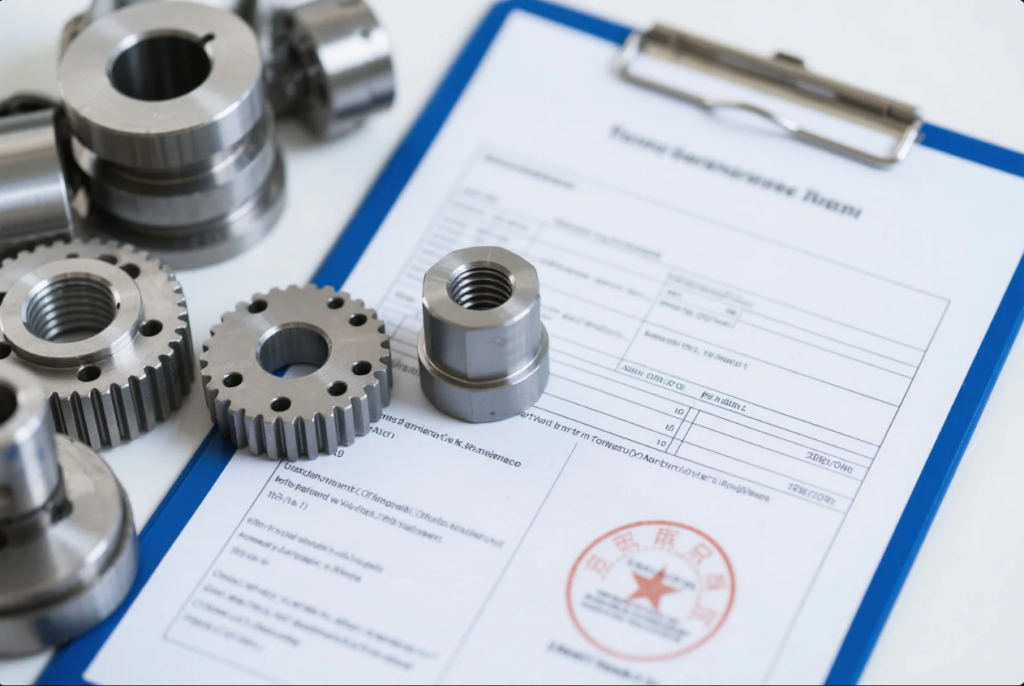
Sourcing uncertified metal parts can lead to costly delays and product recalls.
ISO 9001 and other manufacturing certifications ensure consistency, quality, and trust in custom metal parts sourcing.
Buyers sourcing from abroad—especially in B2B—must verify supplier certifications before any deal. Here’s everything you need to know to avoid risk and ensure compliance.
Who should get ISO 9001 certification?

Working with uncertified factories puts your brand reputation at risk.
Any company involved in production or supply chain management should pursue ISO 9001. It proves you follow quality procedures and continuously improve.
At Prime, we obtained ISO 9001 years ago to give overseas buyers full confidence. The certification aligns us with global standards, especially for customers in the U.S., EU, and Australia who demand reliable documentation.
✅ Industries that Benefit Most from ISO 9001
| Industry | Why ISO 9001 Matters |
|---|---|
| Automotive | Traceability, repeatability, documentation |
| Aerospace | Compliance with export and safety rules |
| Medical Device | Risk control and cleanroom standards |
| Industrial Equipment | Performance reliability and QC tracking |
For more information, visit the International Organization for Standardization.
What is the major requirement for ISO 9001?
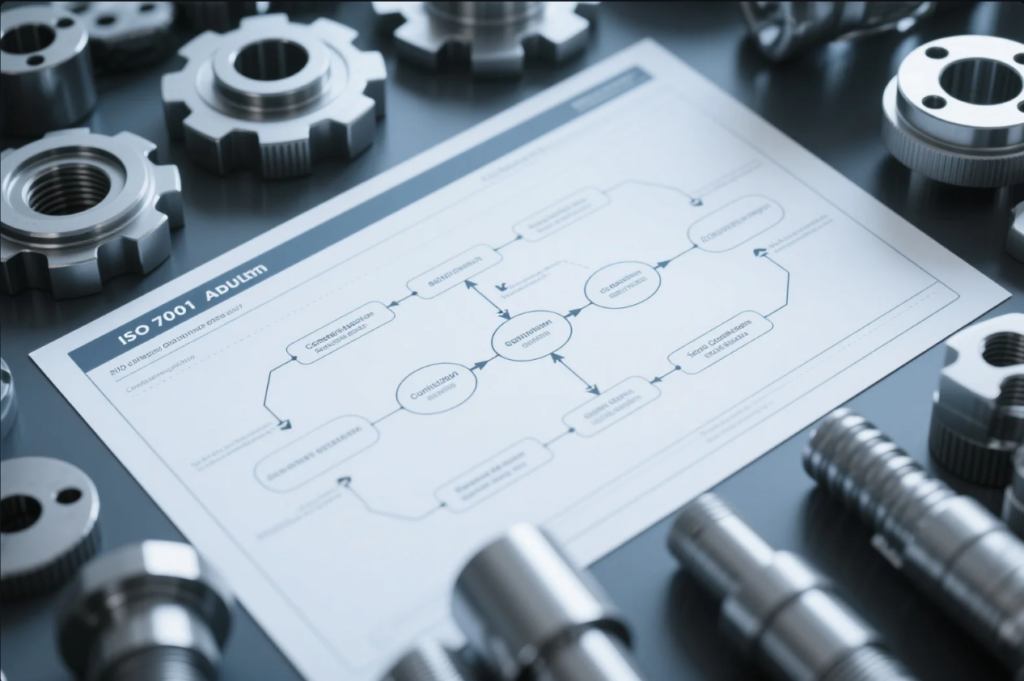
ISO is more than a certificate—it’s a framework for operational consistency.
The main requirement of ISO 9001 is to implement and maintain a Quality Management System (QMS).
This includes well-documented procedures, performance monitoring, employee competency, and a clear focus on continual improvement. At Prime, we follow structured workflows in all departments to meet ISO standards and exceed customer expectations.
📋 Key ISO 9001 Requirements
- Defined quality policy and objectives
- Process-based approach and documentation
- Risk and opportunity management
- Regular internal audits and corrective actions
- Management review and staff training
Explore ISO 9001 structure and sample documentation on ASQ’s ISO 9001 resource page.
Which ISO certification is best for manufacturing company?
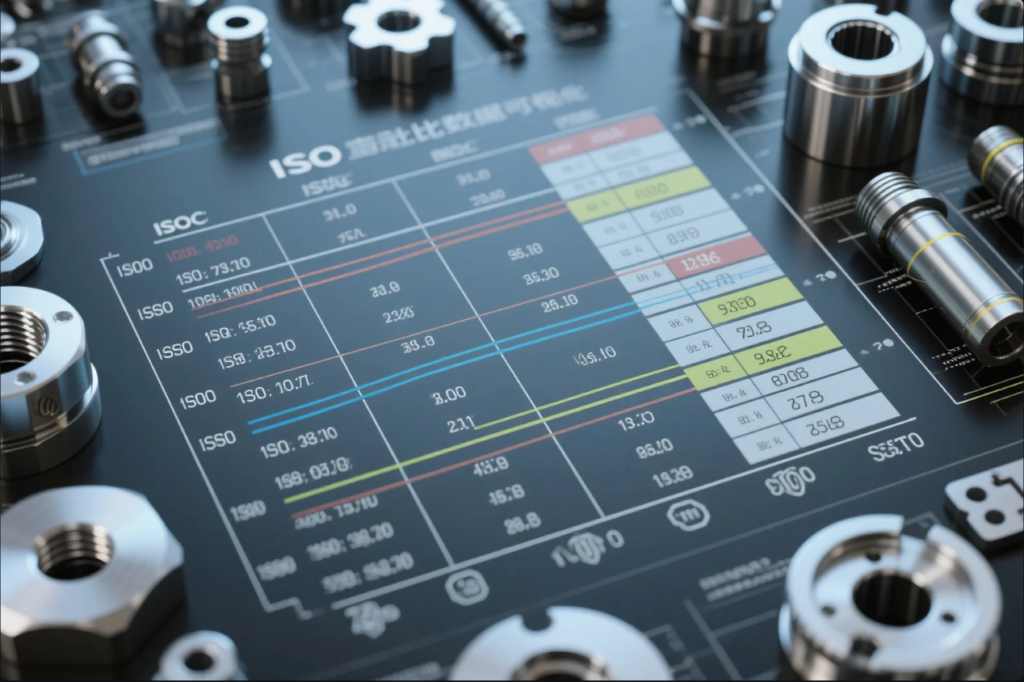
Multiple ISO certifications support manufacturers in different areas.
For general manufacturing, ISO 9001 is the most essential. ISO 14001 and ISO 45001 complement it with environmental and safety controls.
Some sectors may require industry-specific certifications. For example, automotive buyers look for IATF 16949. Medical device makers expect ISO 13485. At Prime, we partner with certified upstream suppliers who meet these requirements.
🔍 Recommended ISO Certifications for Metal Parts Suppliers
| ISO Standard | Focus Area | Who Needs It |
|---|---|---|
| ISO 9001 | Quality Management | All manufacturers |
| ISO 14001 | Environmental Management | Exporters, eco-sensitive industries |
| ISO 45001 | Occupational Health & Safety | Companies with large workforces |
| IATF 16949 | Automotive Production | Car parts manufacturers |
| ISO 13485 | Medical Devices | Surgical, implant, and medical parts |
Learn more about each ISO certification on the ISO Standards Directory.
Does ISO 9001 require an approved supplier list?
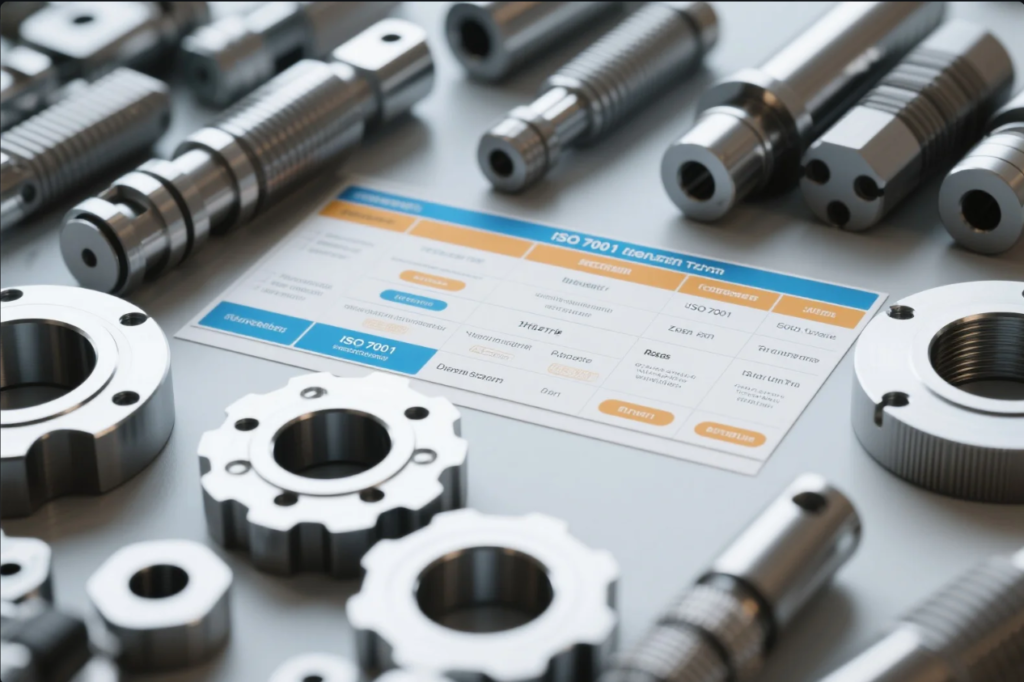
Unvetted vendors increase the risk of defective parts and missed deadlines.
Yes—ISO 9001 requires businesses to create and maintain a list of evaluated and approved suppliers.
At Prime, we maintain a formal Approved Supplier List (ASL) and periodically evaluate performance metrics like defect rate, response time, and delivery reliability. This keeps our supply chain lean and ensures your parts meet global standards.
📦 Supplier Management Under ISO 9001
- All vendors must be qualified before sourcing
- Documented evaluation criteria must be used
- Periodic reviews are required
- Non-conforming suppliers must be removed or corrected
- Outsourced processes like plating must also be tracked
Dive into clause 8.4 details via ISO 9001 Checklist – Clause 8.4.
FAQs
Q1: Is ISO 9001 mandatory for exporting parts to the EU or USA?
A1: Not legally mandatory, but often required by buyers for compliance and quality assurance.
Q2: Can I trust a supplier’s ISO certificate?
A2: Ask for the certificate copy and verify the registrar via IAF CertSearch.
Q3: Does ISO 9001 ensure zero defects?
A3: No system can guarantee perfection, but ISO greatly reduces the chances of errors through control.
Q4: Is there a cost benefit to sourcing from ISO-certified suppliers?
A4: Yes. Fewer defects, clearer documentation, and consistent processes lead to lower total cost of ownership.
Q5: What’s the difference between ISO 9001 and ISO 14001?
A5: ISO 9001 focuses on product quality, while ISO 14001 addresses environmental management.
Conclusion
ISO 9001 is more than a formality—it’s your guarantee of supplier reliability, traceability, and quality consistency.
Need a certified partner for CNC, casting, stamping, or custom fasteners? Contact Prime today for ISO-backed solutions, quick delivery, and expert support.
📩 Email us at: [email protected]

